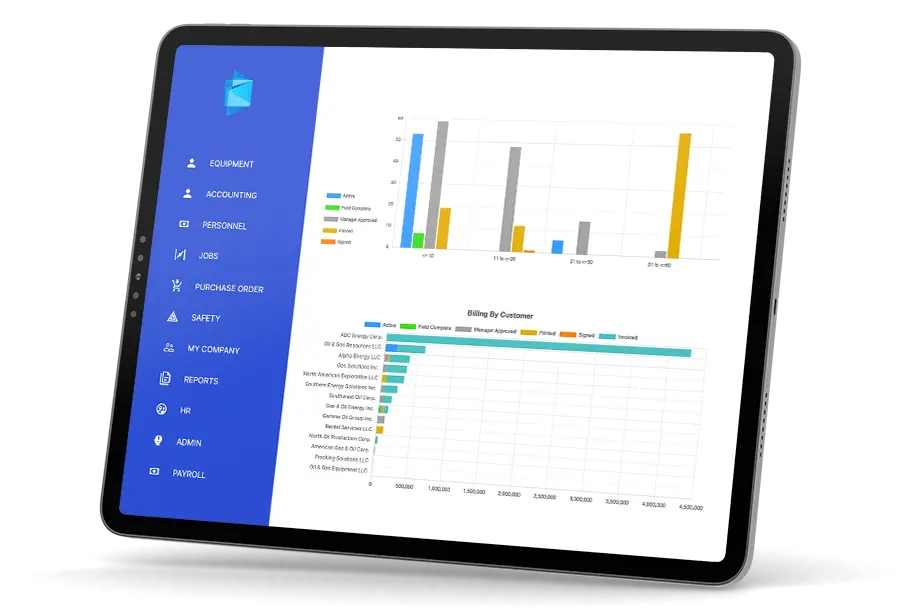Standardizing Processes: How an Enterprise Resource Planning System Promotes Consistency in Accounts Payable / Receivable
 Job Board Admin
Job Board Admin

In the complex ecosystem of modern business operations, maintaining consistency in financial transactions, particularly in accounts payable and receivable, is paramount. An Enterprise Resource Planning (ERP) system emerges as a pivotal tool in achieving this consistency, offering an integrated framework that streamlines and automates financial processes.
The ERP Advantage
At its core, an ERP system integrates various functions within an organization, including finance, HR, supply chain, and customer relationship management, into a single, cohesive system. This integration is particularly beneficial for the financial arm of a business, where the precision and timing of transactions can significantly impact overall performance.
Challenges in Accounts Payable and Receivable
Traditionally, accounts payable and receivable processes have been fraught with challenges such as manual data entry errors, delayed payments, and inconsistent record-keeping. These issues not only affect a business's cash flow but can also lead to strained vendor and customer relationships.
Streamlining Financial Transactions
By implementing an ERP system, businesses can automate the entry and management of financial data, reducing the likelihood of errors. This automation extends to invoicing, payment processing, and reconciliation activities, ensuring that transactions are completed efficiently and consistently.
Enhanced Visibility and Control
ERP systems provide real-time visibility into financial transactions, enabling businesses to monitor accounts payable and receivable closely. This visibility allows for better cash flow management, as companies can more accurately predict incoming and outgoing funds, making informed decisions about expenses, investments, and growth opportunities.
Compliance and Reporting
Standardizing financial processes through an ERP system also simplifies compliance with regulatory requirements. Automated record-keeping and reporting functions ensure that businesses can easily adhere to tax laws and financial regulations, reducing the risk of penalties and legal issues.
Case Studies and Best Practices
The adoption of ERP systems across various industries highlights their effectiveness in standardizing financial processes. For instance, an oil and gas or construction company might use an ERP system to streamline the process from bid to invoice to payroll by integrating all areas into a cohesive system.
Conclusion
In summary, standardizing accounts payable and receivable processes through an ERP system not only enhances operational efficiency but also strengthens financial health and compliance. As businesses continue to navigate the challenges of the digital age, the role of ERP systems in promoting consistency and reliability in financial transactions will undoubtedly become even more critical.
